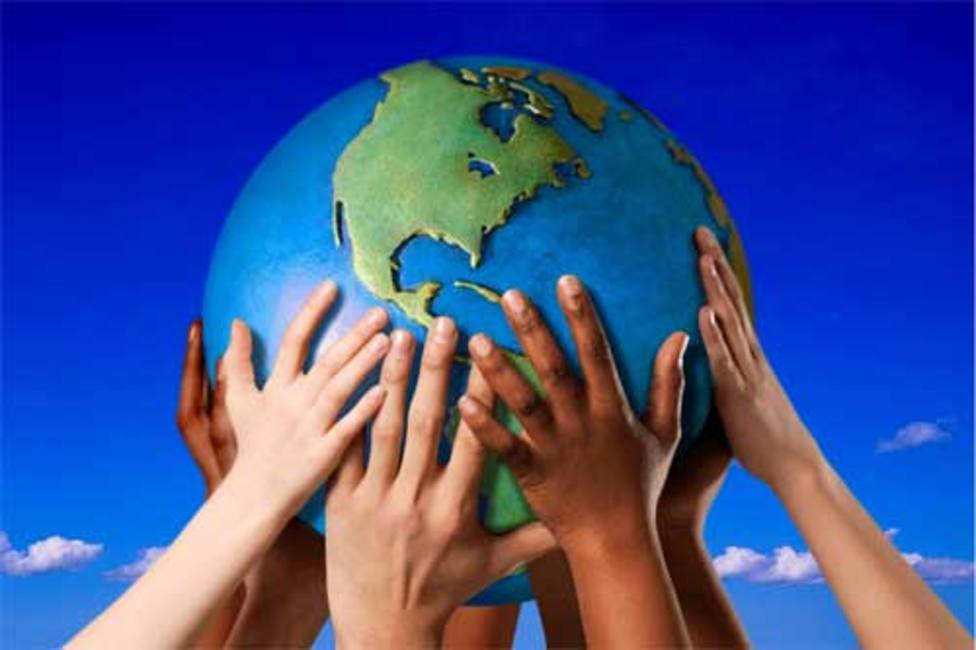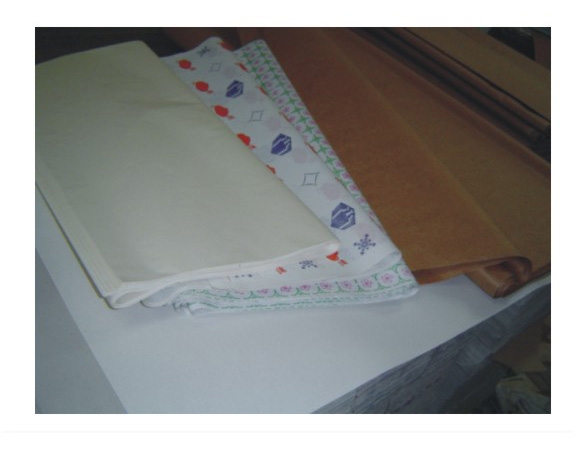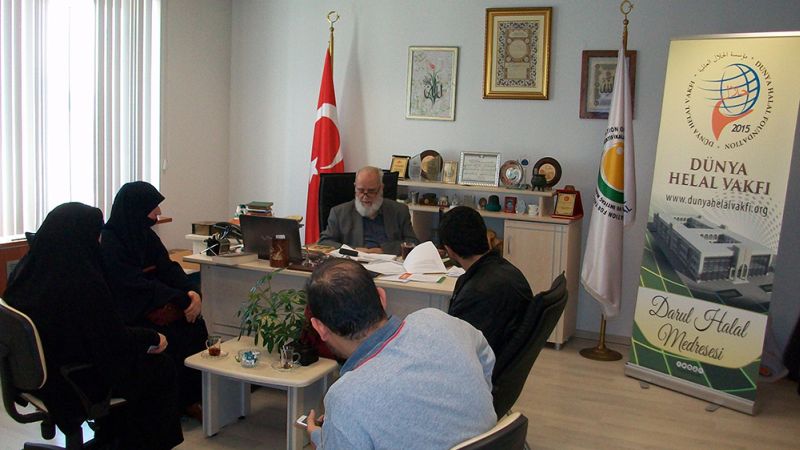Dr. Hüseyin Kâmi BÜYÜKÖZER
An article published in the periodical BULLETIN of our ally organization SANHA in South Africa caught my attention. Since the subject is valid in all countries, I thought it appropriate to pass it on to you, our readers.
Over the centuries Islam has spread to almost every country on earth and Muslims are of all hue and nationalities, speak many languages with myriad cultural and traditional diversities, and account for a quarter of mankind. The central code of their existence is the Shariah (Islamic law). Divine and sacred, it is the law of Allah, the Creator of all and it permeates the life of Muslims from the cradle to the grave. The consumption of Halaal food and transacting with Halaal commodities is intrinsic to the faith.
Therefore, it is understandable when individuals make an effort to verify the Halaal status of products they wish to consume with their local supplier. Confirmation of a Haraam status is eagerly shared with friends and family to alert them. With a click of the mouse or a tap of the ‘send’ button, the message in a borderless cyberworld is transmitted instantly to different parts of the globe. Although well-intentioned, this forwarding without any verification, the sender’s identity and location, causes major confusion and sows distrust amongst Muslims in other parts of the world where identical products of the same brand and packaging, manufactured by the same company, delivering the same taste experience are certified Halaal.
How is this possible and is it far-fetched? It certainly is a reality and a common practice in the world of Multi-National Corporations (MNC’s) with numerous examples in the marketplace. Flora margarine spreads produced in Australia were using pork ingredients while in South Africa it is certified Halaal. Kelloggs are another that springs to mind where its products are Halaal and non Halaal in different markets some of which are parallel imported by different countries. Maggi noodles in the Australian market emanating from New Guinea are not Halaal while those manufactured in South Africa and Malaysia are. A similar situation can be seen with potato crisps and snacks such as Pringles, Doritos and Lays crisps, where the Halaal status is dependent on the country of manufacture and their certification requirements.
The MNC’s are able to leverage economies of scale by utilising local resources, including formulation changes and ingredient substitution without altering the taste or performance of the end product. They are able to shift production from high cost to low-cost locations or even outsource the manufacture. They utilize cross merchandising synergies of being able to bring select competitively priced products into a market without having to expend massive start-up costs for local manufacture.
It is thus obvious that the Halaal status of a product in a single regional area cannot be applied to products in any other region of the world. For this reason, we highly recommend the following safeguards:
1. Always verify the source of the message and the production location for the referenced product.
2. Also verify that the information is current.
3. Contact SANHA’s Helpline to verify the Halaal status of the product.
4. Be wary of products that make claims of Halaal certification on commodities but refuse to carry the mark of approval on the products.
HALAAL IS WHERE THE ASSURANCE IS





